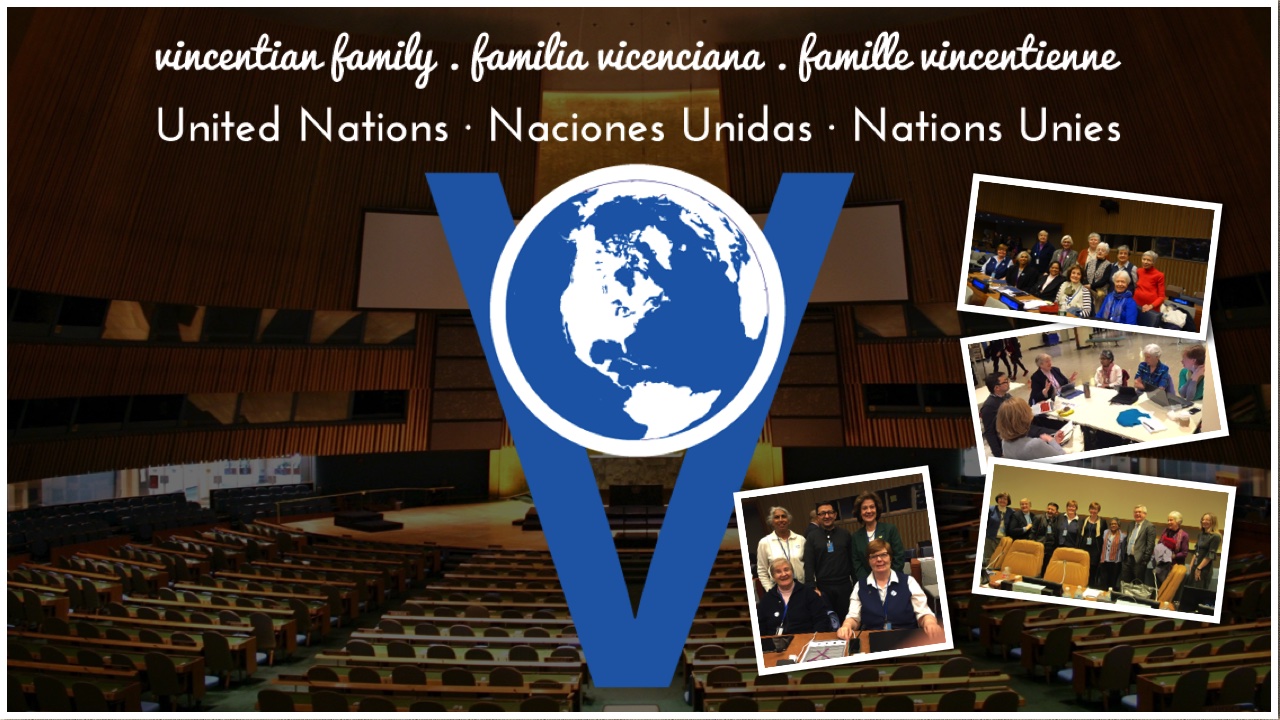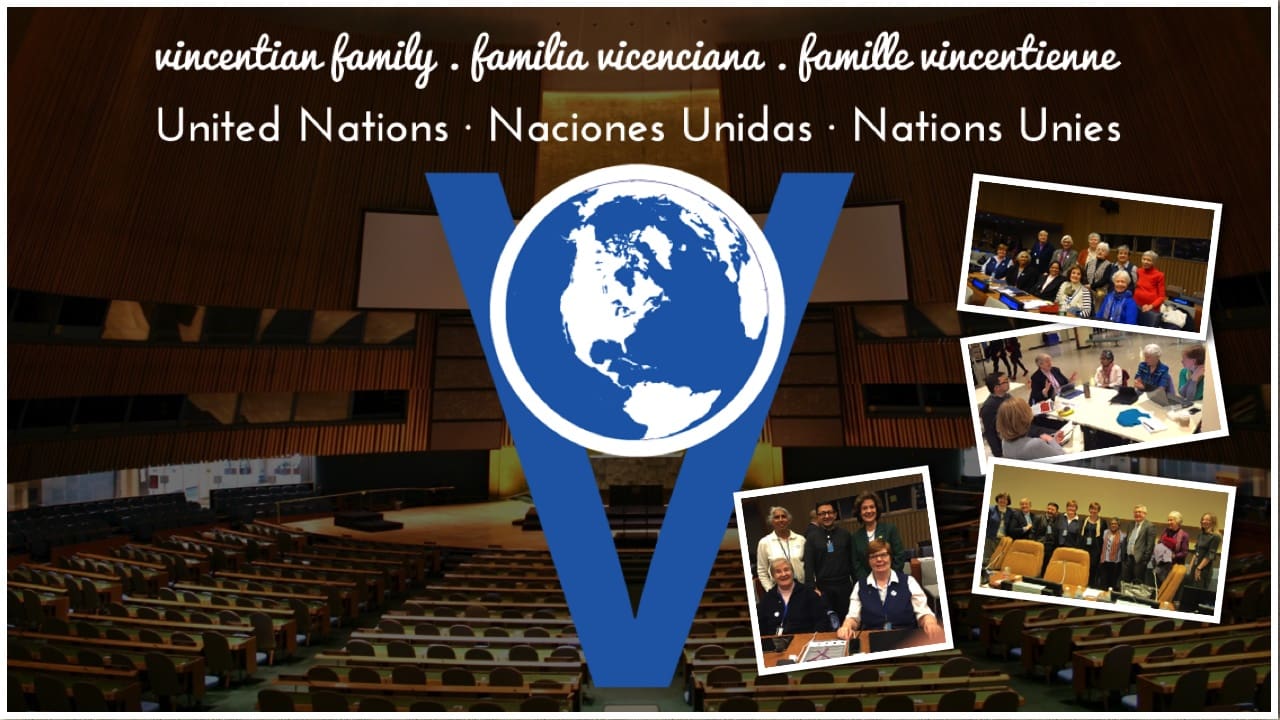Consecrated Life and Humanitarian Crisis of Migrants/Refugees in the 21st Century

100 people coming from various countries and religious congregations have joined together in Rome from 22nd to the 25th of February to reflect on the role of Consecrated Life in the humanitarian crisis of millions of migrant/refugee men and women in the world today. This is an initiative of four congregations with presence and recognition in the United Nations NGO: the Passionists, the Congregations of St. Joseph, the Augustinians and the Congregation of the Mission. Among the panelists we have had in this conference are politicians, lawyers, experts from various organizations, journalists, and men and women of good will who are committed to refugees and victims of forced migration.
The number of refugees has grown over the past two years at an alarming rate. If we would bring all refugees and people experiencing forced migration (displacement) in the world today we would have the fourth most populous nation on earth: something that could be called: THE DISPLACED NATION.
Together we wanted to identify the causes and possible solutions of this phenomenon, combining the global perspective and local action initiatives. We know that our main task is to unite in solidarity with many other organizations that are providing humanitarian aid to victims of displacement and forced migration (refugees). We want to act with the networks that have identified the countries of origin of refugees, countries of transit and countries of final destination of these masses of people who are looking to survive war, ecological devastation, poverty and lack of opportunities for work and human development. In addition to collaboration with aid agencies we also desire to act at the most complex levels as is the legislative level, creating new fair social policies that address the issues of migration and displacement.
Among us were refugees and victims of trafficking in Somalia, Libya, and Syria who shared their experiences with us. Their stories helped to put a human face on the numbers and statistics, to political and theological reflection. In this context, we recalled the challenges that the Pope Francis has raised for the consecrated life. The Pope has asked that many of our empty or only half-filled buildings would be used as host sites for refugee families. This prophetic gesture would be able to give a new dynamism to our charisms. Currently there are 20 congregations that have joined forces and decided to host refugees in their general houses in Rome. Will we be capable of a prophetic gesture like this? What prevents us? From whence our apathy and indifference to the plight of refugees? There are many people who are prejudiced against refugees, and sometimes the media contribute to the creation of these group prejudices.
Effective solidarity is only possible with real information about what is going on. This information will also help us debunk some unjust stereotypes that cause fear and paralysis in our possible joint action.
From our charisms we know that our greatest challenge is to identify the most vulnerable groups among the refugees. These are children separated from their families, women, many of them widows and even the LGBTQ community who experience violence, abuse of all types and special discrimination. Our support can not be selective, it must be full, open, Christian in the best sense of the word and especially open to these more vulnerable sectors.
Among the challenges that we set are as follows:
- To contribute to more clear and reliable statistics.
- To attend ‘in situ’ migrants, wherever they are.
- To attend them fully and in a systematic manner.
- To prevent the separation of families.
- To assist the most vulnerable groups.
- To move from direct action to advocacy, protection and attention to policies that are created in the area of migration and refugees.
- To maintain a presence at all levels seeking to create spaces of welcome and solidarity that humanize the fate of the victims of this scourge.
- To address the trauma of displacement, war, violence, trafficking, etc.
- To create and participate in networks of solidarity and care of refugees. Adapt some of our houses to greet them.
- To contribute to the reconstruction of familiar and social fabric and repair them so that it is always safe for people.
- Pay special attention to human rights with a focus on persons, that recognizes the dignity of their stories and helps them live real processes of resilience!
- Understand that the care of migrants and refugees is a moral imperative to believers and a legal imperative for nations!
Nine Daughters of Charity, two members of the Congregation of the Mission, and one Vincentian layperson were present at this conference. Our charism must continue to identify the new faces of poverty from which God continues to call us as our founders did in the original inspiration of the charism. Indifference and apathy are not part of this charism but rather solidarity, commitment and hospitality!
Guillermo Campuzano, CM
translation: ed.







0 Comments